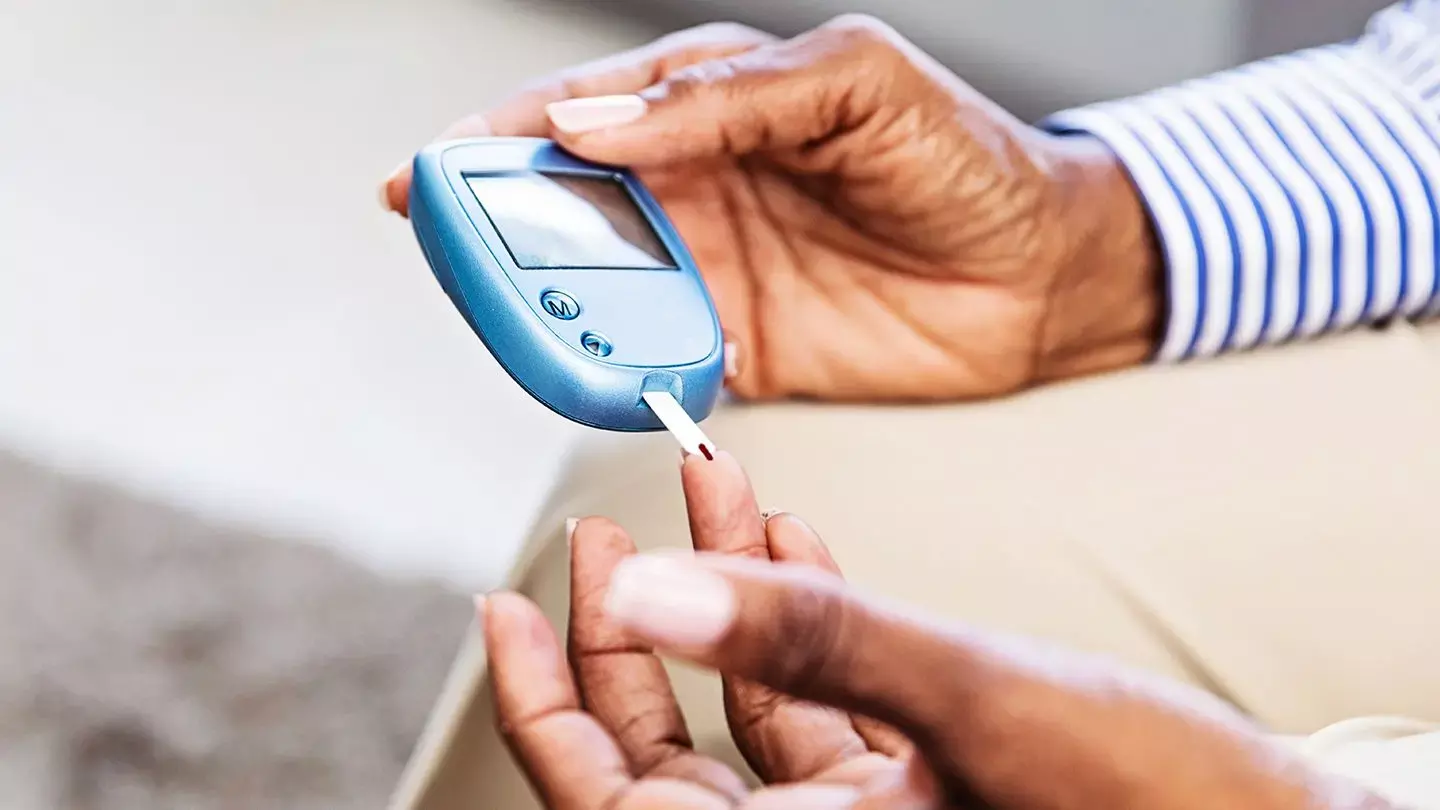- Home
- Medical news & Guidelines
- Anesthesiology
- Cardiology and CTVS
- Critical Care
- Dentistry
- Dermatology
- Diabetes and Endocrinology
- ENT
- Gastroenterology
- Medicine
- Nephrology
- Neurology
- Obstretics-Gynaecology
- Oncology
- Ophthalmology
- Orthopaedics
- Pediatrics-Neonatology
- Psychiatry
- Pulmonology
- Radiology
- Surgery
- Urology
- Laboratory Medicine
- Diet
- Nursing
- Paramedical
- Physiotherapy
- Health news
- Fact Check
- Bone Health Fact Check
- Brain Health Fact Check
- Cancer Related Fact Check
- Child Care Fact Check
- Dental and oral health fact check
- Diabetes and metabolic health fact check
- Diet and Nutrition Fact Check
- Eye and ENT Care Fact Check
- Fitness fact check
- Gut health fact check
- Heart health fact check
- Kidney health fact check
- Medical education fact check
- Men's health fact check
- Respiratory fact check
- Skin and hair care fact check
- Vaccine and Immunization fact check
- Women's health fact check
- AYUSH
- State News
- Andaman and Nicobar Islands
- Andhra Pradesh
- Arunachal Pradesh
- Assam
- Bihar
- Chandigarh
- Chattisgarh
- Dadra and Nagar Haveli
- Daman and Diu
- Delhi
- Goa
- Gujarat
- Haryana
- Himachal Pradesh
- Jammu & Kashmir
- Jharkhand
- Karnataka
- Kerala
- Ladakh
- Lakshadweep
- Madhya Pradesh
- Maharashtra
- Manipur
- Meghalaya
- Mizoram
- Nagaland
- Odisha
- Puducherry
- Punjab
- Rajasthan
- Sikkim
- Tamil Nadu
- Telangana
- Tripura
- Uttar Pradesh
- Uttrakhand
- West Bengal
- Medical Education
- Industry
RCT may reduce cumulative inflammatory burden in T2DM and improve glycaemic control, suggests study

Root canal treatment (RCT) may reduce cumulative inflammatory burden in T2DM and contribute to the improvement of glycaemic control, suggests a new study published in the International Endodontic Journal.
This prospective cohort study was undertaken to evaluate the success rate of root canal treatment (RCT) in type 2 diabetes mellitus (T2DM) patients with targeted level and unachieved targeted level of glycaemic control as well as the impact of RCT on the glucose blood level in T2DM patients. Patients needing RCT were divided into three groups: these without T2DM, that is, the control group (CG), those with targeted level of glycated haemoglobin HbA1c < 7% (TL A1c) and the third ones with unachieved targeted level (UTL A1c), that is, with HbA1c ≥ 7%. Before RCT, HbA1c and the periapical index (PAI) score were assessed, as well as 1 year later.
RESULTS: The results showed less favourable treatment results of RCT such as a reduction of radiographic lesions in T2DM patients, particularly in subjects with UTL A1c. The intergroup analysis of PAI score at the 12-month follow-up revealed a significant difference in TL A1C (p = .022) and CG (p = .001) with respect to UTL A1c. Total number of healed teeth (PAI≤2) at the 12-month after RCT in UTL A1c was significantly lower in comparison to CG (p = .008). Contrariwise, RCT may improve the glycaemic control in diabetic patients with UTL A1c after 12 months of posttreatment. Regression analysis showed that UTL A1c patients were more likely to have AP persistence after endodontic treatment (OR = 4.788; CI: 1.157-19.816; p = .031). T2DM retards the AP healing and conversely AP contributes to increasing the inflammatory burden in T2DM. RCT reduces the cumulative inflammatory burden in T2DM and thus may contribute to improvement of glycaemic control particularly in patients with UTL A1c.
Reference:
Davidović, Brankica, et al. "Effects of Apical Periodontitis Treatment On Hyperglycaemia in Diabetes: a Prospective Cohort Study." International Endodontic Journal, 2024.
Dr. Shravani Dali has completed her BDS from Pravara institute of medical sciences, loni. Following which she extensively worked in the healthcare sector for 2+ years. She has been actively involved in writing blogs in field of health and wellness. Currently she is pursuing her Masters of public health-health administration from Tata institute of social sciences. She can be contacted at editorial@medicaldialogues.in.
Dr Kamal Kant Kohli-MBBS, DTCD- a chest specialist with more than 30 years of practice and a flair for writing clinical articles, Dr Kamal Kant Kohli joined Medical Dialogues as a Chief Editor of Medical News. Besides writing articles, as an editor, he proofreads and verifies all the medical content published on Medical Dialogues including those coming from journals, studies,medical conferences,guidelines etc. Email: drkohli@medicaldialogues.in. Contact no. 011-43720751


